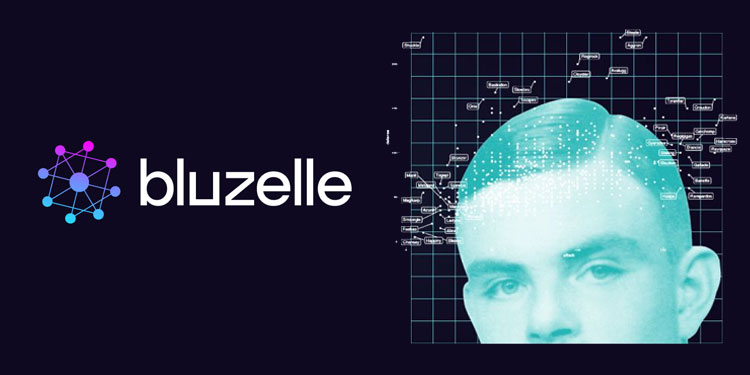Bluzelle, a decentralized data network headquartered in Singapore, has introduced the Capella NFT marketplace, which caters to Web3 blockchain-based games. Capella distinguishes itself from other comparable solutions by virtue of its streamlined trading process and convenient accessibility to NFTs and gaming collectibles within the Cosmos ecosystem. The launch coincides with the increasing prevalence of non-fungible tokens (NFTs) and fungible tokens (SFTs) in Web3 games.
Bluzelle representatives, as cited by cryptodaily.co.uk, deliberated on the progress of their latest game, GAMMA 4, and recounted how the NFT solutions offered by Cosmos were inadequate to meet the game’s demands. The issue at hand was addressed through the creation of Capella, which grants authentic decentralized storage access and enables compatibility with other Cosmos chains.
NFT marketplaces that operate on the Cosmos network encounter several challenges, such as a lack of adaptability to accommodate SFTs, which are progressively gaining popularity in Web3 gaming. Capella addresses this problem by facilitating the exchange of NFTs and gaming collectibles within the Cosmos ecosystem, providing a seamless and easily accessible experience for both gamers and developers. The aim is to diminish the effectiveness and marketability of gaming assets on secondary markets.
The decentralized storage technology known as Bluzelle’s R2 guarantees the protection of game assets on Capella. The purpose of the solution was to inspire a sense of assurance among programmers with respect to the protection of their game data. Furthermore, R2 obviates the need for inter-network NFT transfers and presents a comprehensive resolution for token retention. As per the recent study carried out by Polaris, the worldwide market for blockchain gaming was valued at USD 5.41 billion in the year 2022 and is anticipated to exhibit a Compound Annual Growth Rate (CAGR) of 68.9% to attain a valuation of USD 1,020.02 billion by the year 2032.
The expected shift from traditional gaming to blockchain gaming is predicted to drive the growth of the blockchain gaming industry. The expected acceleration of market growth is attributed to the capability of blockchain-based games to allow players to utilize in-game digital assets, which is not a feature found in conventional games. Numerous gaming companies that deal in Bitcoin offer incentives and virtual items to their users. The Play-to-Earn (P2E) model serves as an illustration of the reality that blockchain games provide diverse opportunities for real-world financial gain to those who take part.
The Asia-Pacific region is expected to witness substantial progress and an increase in market share in the blockchain-based gaming industry from a geographical standpoint. The growth of the market is impacted by the rising count of fresh entrants and the investments made by several international market players in the area. The Asia Blockchain Gaming Alliance was established in November of 2021 with the aim of advancing the adoption and development of blockchain gaming throughout the Asian region.
